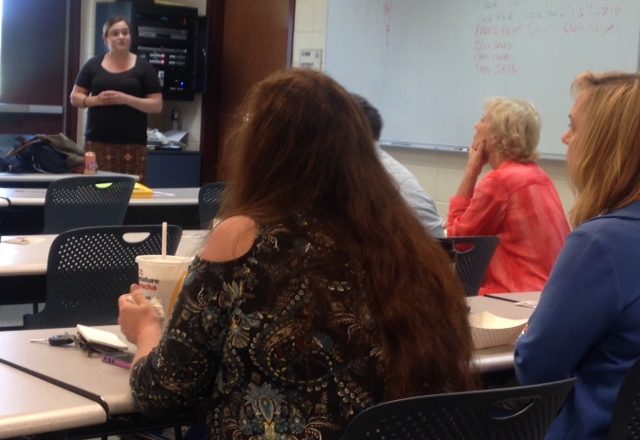Coordinated Community Response Column: CCRs Explained
- Share
- Tweet
- Pin
- Share

CCR (coordinated community response) has as its core a philosophy that as domestic violence is a community problem, our response to it requires the entire community address the issue. Since their inception in Wisconsin in the mid-1980s, CCR teams have brought together key players in community systems, usually on a countywide basis, to develop strategies and procedures in response to domestic violence and sexual assault.
Many CCR teams begin with the criminal process in their coordination, but that is only one small piece of the community. Because the court is not a system all victims choose to use, an effective CCR team includes members from schools, mental health and other health care providers, neighborhood centers, faith communities, county extension agencies, ethnic organizations and many other groups.
Door County’s CCR team is comprised of people from the Door County Department of Human Services, Circuit Court judges, the Clerk of Courts office, the District Attorney’s office, the Family Court Commissioner, Probation and Parole, Door County Department of Public Health, HELP of Door County, Jak’s Place, Door County Partnership for Families, The Boys & Girls Club of Door County, the Sexual Assault Center, PFLAG and the League of Women Voters.
The overarching goals of all CCRs throughout Wisconsin is to maximize safety and responsiveness to those we each serve, holding offenders accountable and promoting community awareness of domestic abuse and violence.
Each partner organization or department interacts with people who are dealing with difficult and sometimes seemingly insurmountable situations involving domestic abuse and violence and each provider has a different perspective. Different words are used in different spheres. Each partner organization has specific parameters, rules and regulations they must follow. The more we understand each other’s perspective, the better we are able to serve people.
Sara Krall of End Abuse Wisconsin addressed the Door County CCR group last Wednesday and led a lively and impassioned discussion that included how to strengthen our CCR team.
End Abuse Wisconsin, based in Madison, is the statewide coalition led by social policy advocates, attorneys and experts working to support, connect, equip, empower and lead organizations who serve survivors, advocates and allies of domestic abuse and violence.
Krall invited CCR members to keep these questions in mind as we look to grow and strengthen our group:
- Who else works with victims, survivors or perpetrators?
- Who encounters victims in their work but may not specifically address domestic violence or sexual assault issues?
- Are there current unmet needs we hear about from those we serve?
- What work is being done to educate our community about domestic violence and sexual assault and the organizations and entities that can help?
Goals identified by the group include reaching out to more entities who also serve people dealing with domestic abuse and violence issues, educating each other about how we each manage confidentiality, and taking our message to the general public so that greater understanding of underlying causes can inform the larger conversation in society and help to bring about lasting change.
If you or someone you know is interested in attending a future CCR meeting, email [email protected].
This article is brought to you in part by the Door County Coordinated Community Response (CCR) to Domestic Violence and Sexual Assault Teams and the Door County Elder and Adult-at-Risk Interdisciplinary Team.


